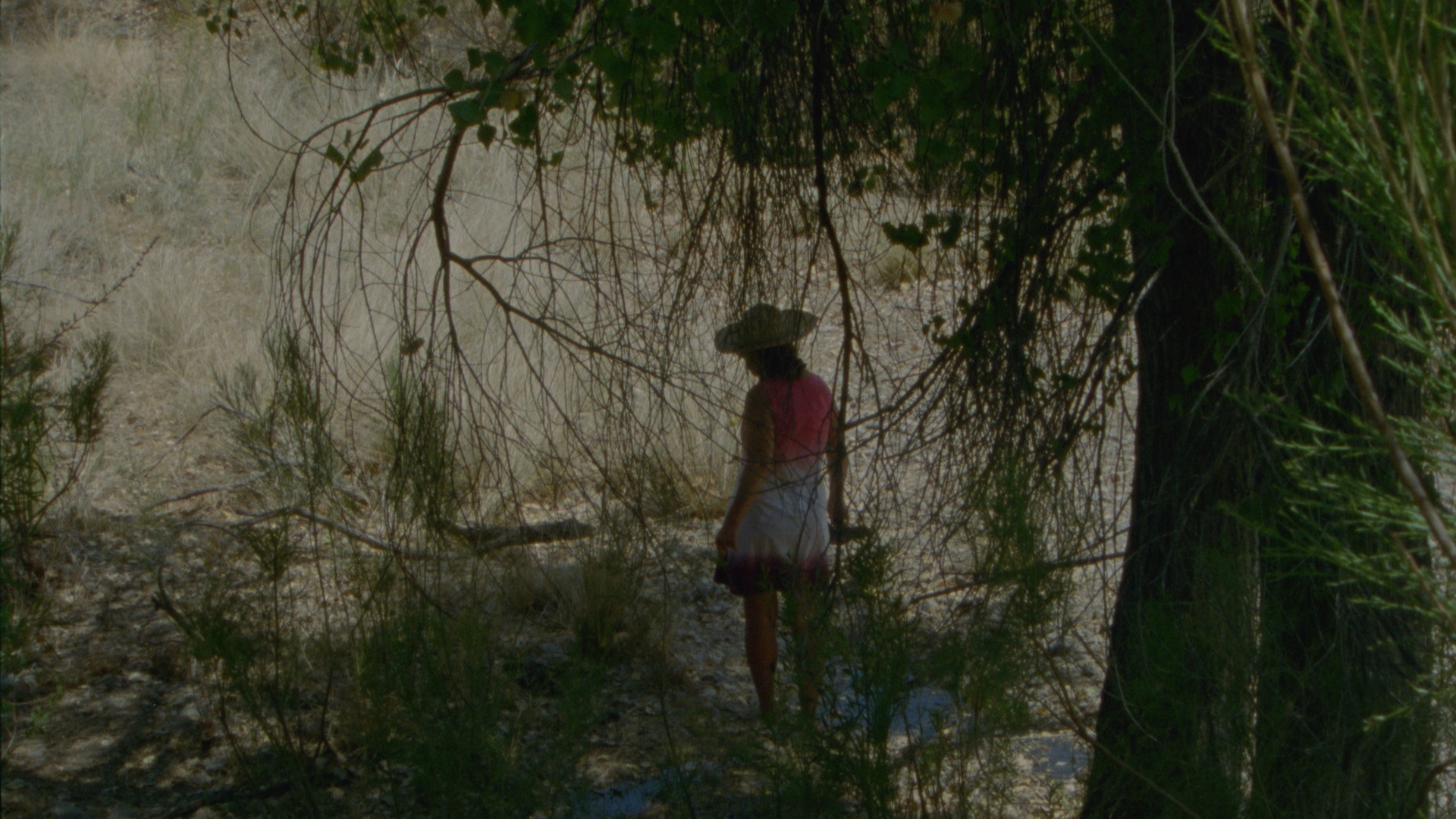Did You Wonder Who Fired the Gun?
Did You Wonder Who Fired the Gun? Director/Travis Wilkerson Watched on iTunes Rating 3.5/5 Travis Wilkerson’s first-person investigatory essay is his attempt to understand the racist roots of his family’s past. Although his great-grandfather killed an innocent black man in Alabama long before the director was born, there exists a single picture of the director as a baby sitting next to the old man, now with the cheerful countenance of a white supremacist who got away with murder. As Wilkerson speculates, he may have killed other black men as well. Such was the moral order of things in the American South of the 1940s. Wilkerson narrates the tale in a subdued monotone, as if delivering testimony at an inquest. The flat, dry intonation bespeaks a suppressed expression of outrage and of long-buried guilt. His self-reflexive journey is an expiation, a forced reckoning with culpability, that excavates the political divides among his older surviving family members, reminding us that the rhetorical civil war of the Trump era is merely the latest spore emanating from the deep rot that has infested our country since its beginnings. The challenges for Wilkerson in telling this story are demanding. Beyond that one picture of he and his grandfather, there is little evidence that links the ensuing generations. A few scraps of home movie film, some memories from surviving relatives, the remaining buildings in the forgotten town where the murder occurred; these are the meager visuals the director can access. He records folks who recall some of the details of the [...]





